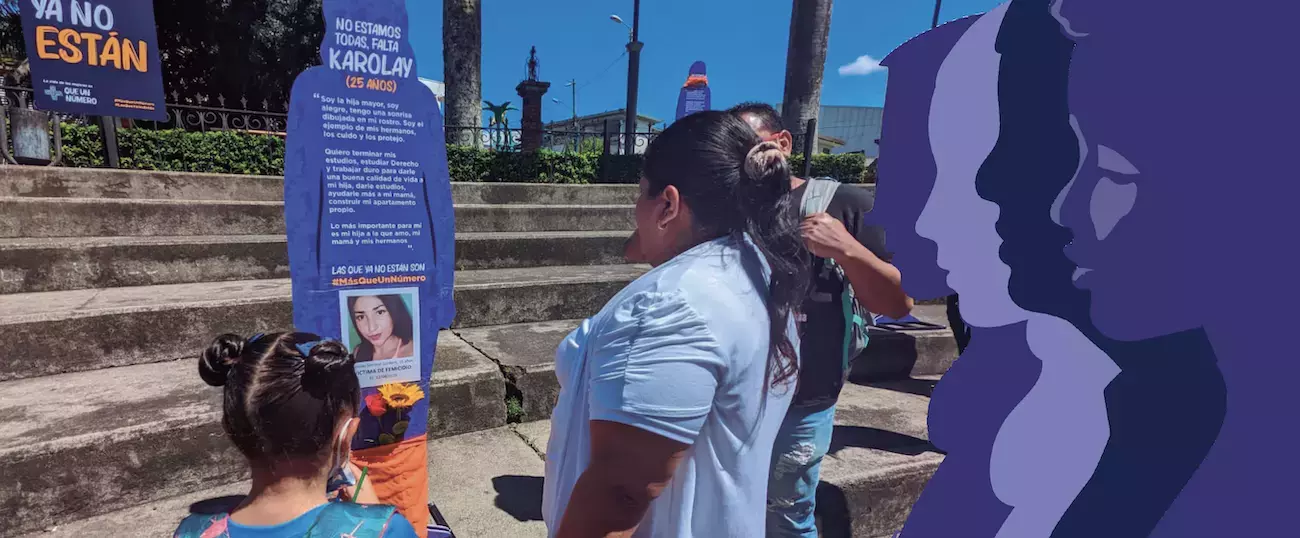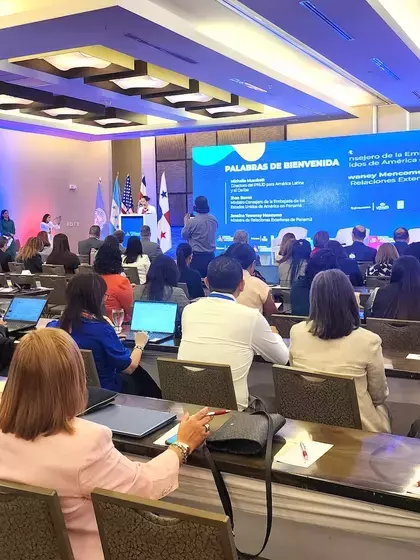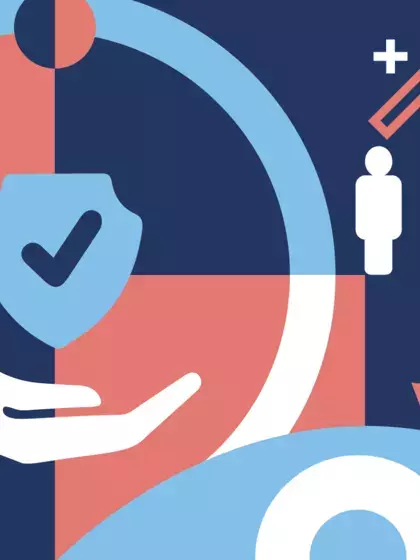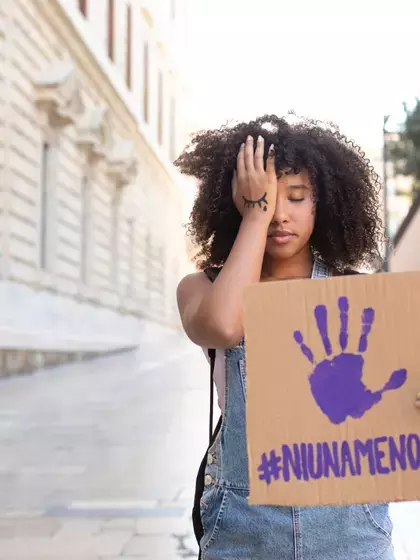Data that save women & girls’ lives

Every day, two women die at the hands of their partner or a family member in Central America and the Dominican Republic.
Although in recent years, figures on gender-based violence against women and girls improved, it is still devastating the region. According to InfoSegura, in 2022, records show 862 cases of feminicide, and 9 in 10 victims of sexual crimes are women and girls.
In the last ten years, InfoSegura has reinforced the national institutions that are in charge of preventing and reducing violence against women and girls in their capacity to produce and use statistics and data, also promoting the integration of different sectors and institutions, in order to expand their coordination, advocacy and perspective, for more effective gender mainstreaming in citizen security policies.
InfoSegura contributed to efective gender mainstreaming in citizen security policies by supporting the creation of gender-responsive indicators and specialized research, such as the regional study on The Hidden Side of Insecurity: Violence against Women in Central America and the Dominican Republic. At the national level, ever since the Project was launched, countries have undertaken research, published periodical analysis of violence against women and girls, victimization surveys and developed gender-responsive indicators.
Also awareness campaigns to prevent violence against women and girls in collaboration with governmental institutions and civil society organizations.
Some of the most impactful were the Supreme Court of Justice free hotline (198) in El Salvador, and the “Nothing Justifies Violence against Women” campaign in Guatemala. Also, campaigns in Costa Rica like “More than a number” and “During the Quarantine... I’m all for taking care of us!” during COVID 19; and, three others in the Dominican Republic, “You are not alone,” “I do not use violence, I report it” and “Harassment free bus ride,” and one more to raise awareness of new masculinities to prevent violence in Honduras called “For a life free of violence in my home and community,” that reached over six million people.
Those no longer here
The campaign is part of a communications strategy on the prevention of gender-based violence against women in all their diversity, called "Women are more than a number." The objective is to inform and raise citizen awareness on the issue of femicide in Costa Rica and its impact on the lives of women, their families, communities and society at large.
The campaign informed Costa Rican citizens and raised their awareness of the issue of femicide and its impact on the lives of women, their families, communities and society in general. The initiative consisted of installing 15 life-size silhouettes representing each of the women victims of femicide in 2021 in highly frequented public spaces throughout the country.
Those no longer here campaign lasted a year and paid tribute to the lives of these 15 women, in hope that this ultimate human rights violation will never happen again. The campaign helped to incubate and reinforce strategic partnerships with local governments and other public and educational institutions committed to women's human right to a life free of violence.
AI assistants
In its commitment to innovation and providing support for public policies in the region, InfoSegura has designed three digital assistants (a regional one is already online, called SARA, which stands for System for Attention and Repository for Automated information) and two national ones that are in the pipeline: Maria in Honduras and SARA in the Dominican Republic) based on artificial intelligence, that address violence against women and girls and assist in its prevention.
The AI assistants provide information and guidance to people who may be at risk of experiencing violence. These new, country-wide digital tools have been implemented jointly with the Secretariat for Security of Honduras and the Ministry of Women’s A airs of the Dominican Republic.
The AI assistants or chatbots o er information that helps identify violence against women, as well as provide guidance on support services, legal counsel, emergency phone numbers and a security plan in case of experiencing a violent incident. The online digital assistants can be accessed by computer or cell phone at any time, seven days a week and the interactions are strictly confidential.





